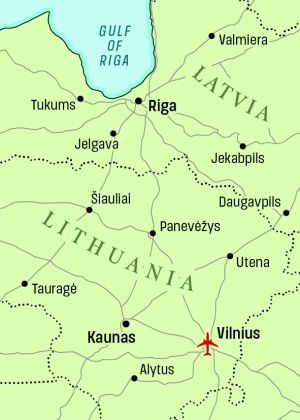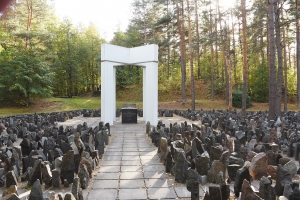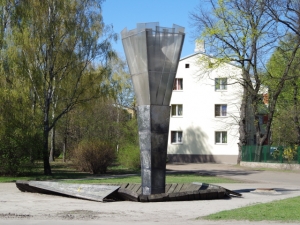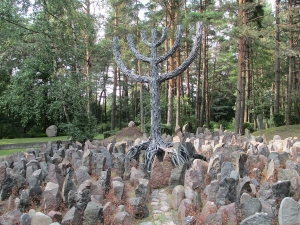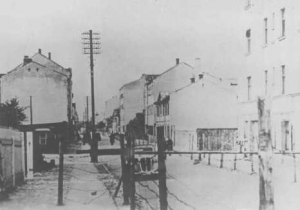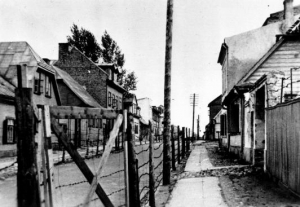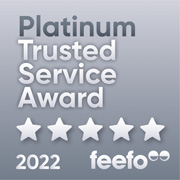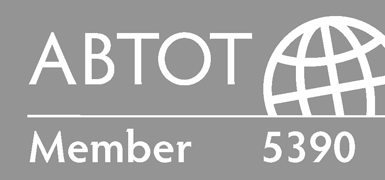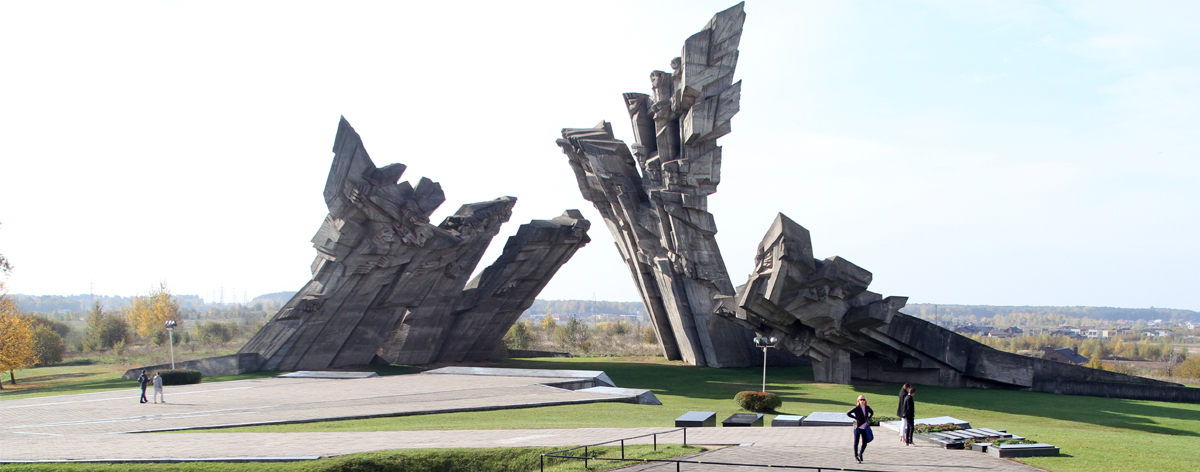
The Holocaust in the Baltic States
General History ToursHolocaust ToursMilitary History and Battlefield
To be confirmed
The Holocaust in the Baltic States
General History ToursHolocaust ToursMilitary History and Battlefield
Tour Introduction
The Baltic States and in particular Lithuania were home to an ancient and important Jewish community that was almost completely destroyed by the Nazis during the Holocaust. Out of the approximately 300,000 Jews present in Latvia, Lithuania, and Estonia, at least 200,000 were murdered by the Nazis. Most of these killings took place not in the extermination camps but in open-air shootings. This unique tour takes visitors to important memorial sites of death and resistance during the Holocaust but also exposes participants to the vibrant history of Jewish life in Latvia and Lithuania.
Background
For centuries leading up to World War Two the Baltic states possessed a rich Jewish culture located in hundreds of rural and urban communities with their own synagogues, religious schools and traditional ways of living. But the invasion of the Soviet Union by Germany in June 1941 spelt disaster for this ancient culture as the murderous antisemitic ideology of the Nazis spread through the region in tandem with their invading armies. Special Action Groups or Einsatzgruppen, aided in many cases by other military units and local people, rounded up thousands of helpless Jewish victims as well as Communists, Roma and Soviet officials. After being stripped of their clothes and valuables these people were then shot at killing sites and their bodies deposited in pits. Unlike in other parts of the Nazi Empire, massed shootings continued to be the grim method of choice in the occupied Soviet lands.
The scale of this industrial slaughter in the Baltic states is truly staggering: between July 1941 to 1944 more than 70,000 people, nearly all of them Jews, were murdered at Paneriai (Panary) outside Vilnius and between November 30th and December 7th 1941, 25,000 Jews were murdered in the Rumbula forest in Latvia. Many of these victims were women and children, the elderly, sick and disabled, who had been herded in ghettos which were then ‘liquidated’. Major ghettos were established at Vilna, Kovno, Siauliai and Swieciany as well as numerous work camps. At the end of October 1941 over 32,000 Jews were confined to two ghettos in Riga. A month later these areas were cleared and the inhabitants murdered.
Many of Estonia’s Jews managed to avoid the Nazi terror by escaping to the Soviet Union and by January 1942 the country was declared Judenfrei. The bloodletting in the other states was of a different order: of the 220,000 Jews at the time of the Nazi invasion in Lithuania, an estimated 190,000 to 195,000 were killed before the end of the war; and from a pre-war Jewish population of 93,000 in Latvia around 70,000 were murdered.
The Holocaust is a shocking chapter in European history but the memorials and sites continue to keep alive the memory of the victims and stand as a constant reminder to future generations.
Highlights
- In the company of a leading Holocaust scholar and author
- Visit deeply moving Holocaust sites in the cities of Vilnius, Kaunas and Riga
- Visit the terrible massacre sites at Bikernieki and the Rumbula Forest near Riga and the 9th Fort outside Kaunas
- Visit the Kaiserwald and Salispils Concentration camp memorials near Riga
- Learn from excellent museums devoted to the events such as the Gaon Museum in Vilnius and Riga Holocaust Museum
What's Included
- 4 Star Hotels
- Return flights from London (optional)
- Expert historians throughout providing a daily variety of talks, presentations and Q&A
- Dedicated Tour Manager
- Dinner parties hosted by your expert historians and tour manager
- The company of like-minded travelers
- Helpful and friendly travel advice
- Meals as indicated in the itinerary
- Two drinks i,e wine or beer at each dinner and a welcome drink on first evening
- Entrance fees for sites included in itinerary
- Tour information booklet
- Modern, comfortable, air-conditioned coach
Itinerary
Day 1
Day 1 – late morning flight from London to Vilnius via Brussels or make your own arrangements to join the tour at the hotel. Check in to Vilnius hotel - 2 nights. (D).
Day 2
We start our day with a walking tour around the beautiful old city of Vilnius exploring its rich pre-war Jewish heritage. We see the site of the Great Synagogue, focal point of Jewish life in the city for centuries, and at the Gaon Jewish State Museum view some the priceless repository of Jewish artefacts which survived the Holocaust. This is complemented by The Green House Museum which traces the history of Judaism in Lithuania and its destruction through documents, objects and highly moving testimonies. We will also see the site of the ghetto where the city’s surviving Jewish population were confined in September 1941 before its liquidation in 1943. There is free time in the afternoon to absorb more of this engaging city. (B, D).
Day 3
Today we drive out to two highly poignant murder sites where Jews were massacred: Paneriai - where 100,000 Jews and other victims perished – and Varnikai. Memorials here stand as powerful reminders of the lives so tragically cut short in these tranquil forests. We move on to the town of Trakai, once home to a sizeable community of Karaites, an ancient Jewish sect, who now number only a few hundred in Lithuania. We drive to Kaunas where after checking into our hotel we enjoy a walking tour of the centre of this fascinating town. Over a few days in June 1941 thousands of the city’s Jews were murdered and we will visit the Lietūkis Garage Massacre Memorial, site of one of the most harrowing incidents of this pogrom. We will also visit the Sugihara House Museum, the Japanese Consulate during the war. This was where the Vice-Consul, Chiune Sugihara, issued visas to refugees in Lithuania at the beginning of the war, saving an estimated 6000 lives. Our day continues with a visit to the 9th Fort of Kaunas Fortress, where during the Nazi occupation over 50,000 Jewish and other victims were murdered. Hotel in Kaunas (1 night). (B, D).
Day 4
This morning we drive to Šiauliai where we visit several Holocaust sites including the ghetto. After lunch here we proceed the short distance to the poignant memorial to the mass killings that took place in the Kužiai Forest. Here, in the first weeks of Nazi occupation, and in one of the most sickening events of the Baltic Holocaust, 8000 victims were forced to dig their own graves before being shot. Hotel in Riga – 2 nights. (B, D).
Day 5
On our final day we explore the events of the Holocaust in Latvia’s capital with an informative tour (including approximately 4km on foot) of the main sites. We start with a drive to the Old Jewish Cemetery, which was located inside the ghetto and is now a tranquil park (many of the elaborate headstones having been stolen during Soviet times). We proceed on foot to the remains of the Choral Synagogue, the site of the ghetto and the Holocaust Museum. Here we reflect on the deeply moving memorial wall with the names of over 70,000 Latvian Jewish victims of the Holocaust and around 25,000 names of Jews from other European countries who were brought to Riga to be murdered. After lunch we travel by coach to a number of other important Holocaust sites around the city: the Kaiserwald Concentration camp memorial, Bikernieki memorial, Rumbula Forest Memorial and Salispils Concentration camp Memorial. (B, D).
Day 6
Day 6 – morning flight back to London from Riga via Frankfurt. Or perhaps extend your stay in the region. (B).

